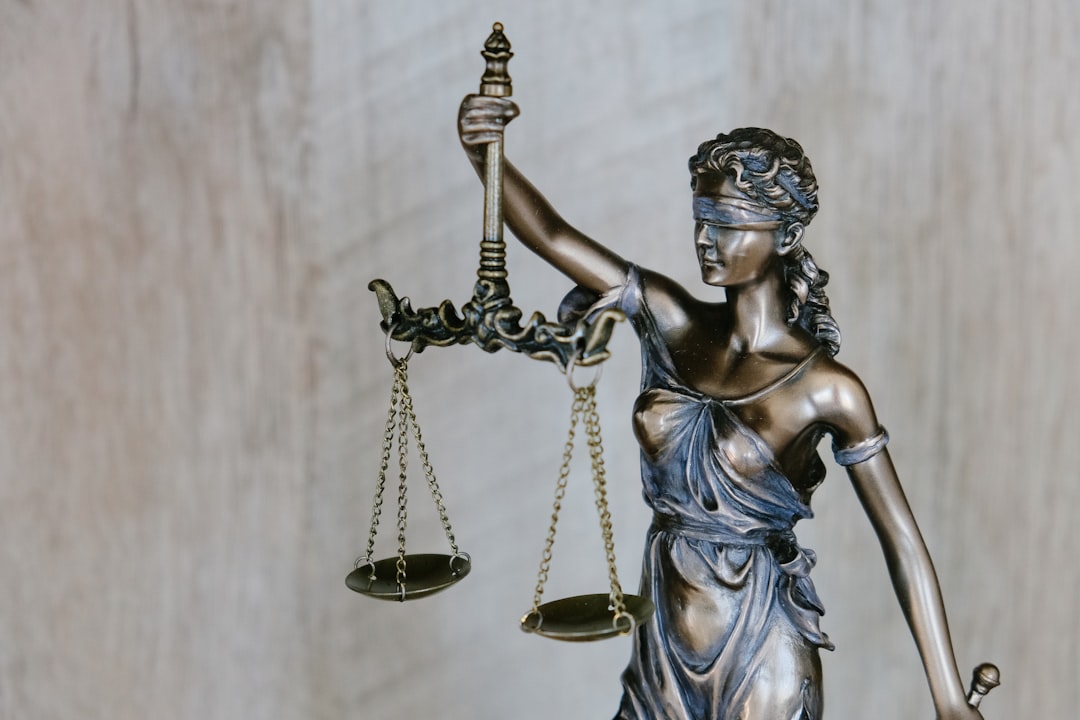In Georgia, both federal (FDCPA) and state laws protect consumers from abusive debt collection practices, including calling law firms directly. Debt collectors must follow specific guidelines, avoiding inconvenient calls, using respectful language, and not disclosing personal information without permission. Violations can result in penalties and restrictions. Consumers facing violations can file complaints with the Georgia Attorney General's Office or seek legal counsel from reputable local law firms, ensuring a structured approach to resolving issues and holding collectors accountable through official channels.
In Georgia, understanding debt collection laws is crucial for consumers to protect their rights. This article serves as a comprehensive guide, delving into the state’s regulations and the penalties for violations by debt collectors. We explore what constitutes unfair practices, from harassment to false representations, and outline the legal recourse available to Georgians. By knowing your rights, you can navigate this complex landscape with confidence, ensuring fairness in debt collection processes.
Understanding Debt Collection Laws in Georgia

In Georgia, debt collection laws are governed by both state and federal regulations, ensuring consumers are protected from aggressive or unfair practices. Understanding these laws is crucial for both debtors and creditors alike. The Fair Debt Collection Practices Act (FDCPA) sets national standards, prohibiting debt collectors from engaging in abusive, threatening, or misleading behavior. Moreover, Georgia has its own set of rules, such as the Georgia Fair Business Practices Act, which offers additional protections to consumers.
Debt collectors in Georgia must adhere to specific guidelines regarding communication methods, especially when contacting individuals who have retained law firms for debt resolution. They are prohibited from calling these individuals at unusual times or using abusive language. Furthermore, collectors cannot disclose personal information about the debtor without permission. Violations of these laws can result in penalties, including consumer compensation and legal fees, making it essential to know and respect debt collection regulations to avoid potential Do Not Call law firm restrictions.
What Constitutes a Violation?

In Georgia, a debt collector violation occurs when a collection agency or individual engages in unfair, deceptive, or harassing practices while attempting to collect a debt. This includes instances where they fail to identify themselves as debt collectors, make false statements about the debt, or use abusive language. Additionally, repeatedly contacting individuals at inconvenient times or places, such as before 8 am or after 9 pm, or targeting individuals who have declared bankruptcy, are all considered violations.
Another common violation is when debt collectors threaten legal action without intending to do so or provide inaccurate information about the consequences of not paying. They also cannot use or disclose personally identifiable information (PII) unless permitted by law. Importantly, Georgia law prohibits them from calling law firms or representing themselves as lawyers when collecting debts, emphasizing the need for transparency and ethical collection practices in the state.
Penalties for Unfair Debt Collection Practices

In Georgia, debt collectors who engage in unfair or abusive practices face significant penalties. The Fair Debt Collection Practices Act (FDCPA) prohibits collectors from using deceptive, false, or misleading means to collect debts. If a collector violates this law, individuals can file complaints with the Consumer Financial Protection Bureau (CFPB) and pursue legal action for damages, including actual and punitive damages.
Additionally, Georgia law provides consumers with specific protections. For instance, collectors cannot call individuals at inconvenient times, use abusive or threatening language, or falsely represent themselves or the amount owed. Violations of these rules can lead to civil lawsuits, resulting in monetary compensation and an order to cease and desist from further violations, especially when consumers are advised to “Do Not call law firms Georgia.”
Legal Recourse for Consumers

Consumers in Georgia facing debt collection violations have legal recourse to protect their rights. If a debt collector has engaged in unfair or abusive practices, such as making false statements, using threatening language, or violating consumer privacy laws, individuals can take action against them. The Fair Debt Collection Practices Act (FDCPA) provides consumers with specific rights and protections, including the right to dispute the debt and request validation from the collector.
Those affected can file a complaint with the Georgia Attorney General’s Office or seek legal counsel from reputable law firms within the state. By taking these steps, consumers can hold debt collectors accountable for their actions and potentially receive damages for any harm suffered as a result of the violations. It is advisable to avoid calling law firms directly regarding debt collection issues; instead, focusing on official channels ensures a structured approach to resolving the matter.
Protecting Your Rights: A Guide for Georgians

In Georgia, consumers have rights when it comes to debt collection practices. It’s crucial for Georgians to understand their protections against unfair or abusive tactics. If a debt collector violates these rights, there are penalties in place to hold them accountable. One of the key provisions is the Fair Debt Collection Practices Act (FDCPA), which prohibits collectors from engaging in harassing, oppressive, or deceptive activities. This includes repeated calls, false threats, or misrepresenting the amount owed.
If you’re being hounded by debt collectors in Georgia and feel your rights are being violated, it’s advised to do not call law firms directly. Instead, document the interactions and contact the Georgia Attorney General’s Office for assistance. They can guide you on how to file a complaint against the offending collector, which may result in penalties such as fines or even legal action against the collector. Knowing your rights and taking proactive steps is essential in protecting yourself from abusive debt collection practices.






